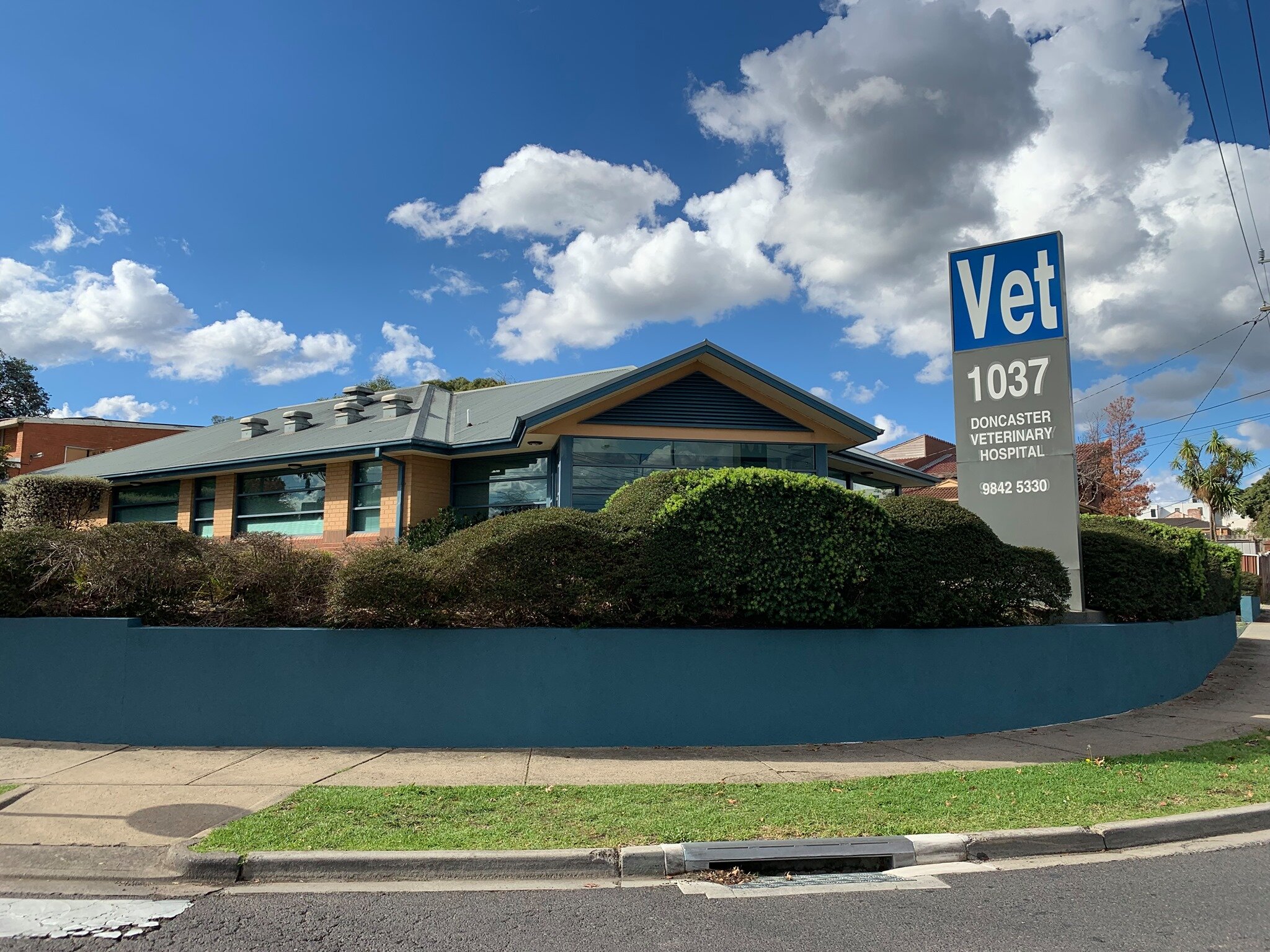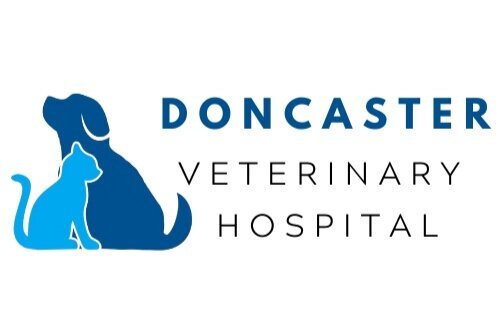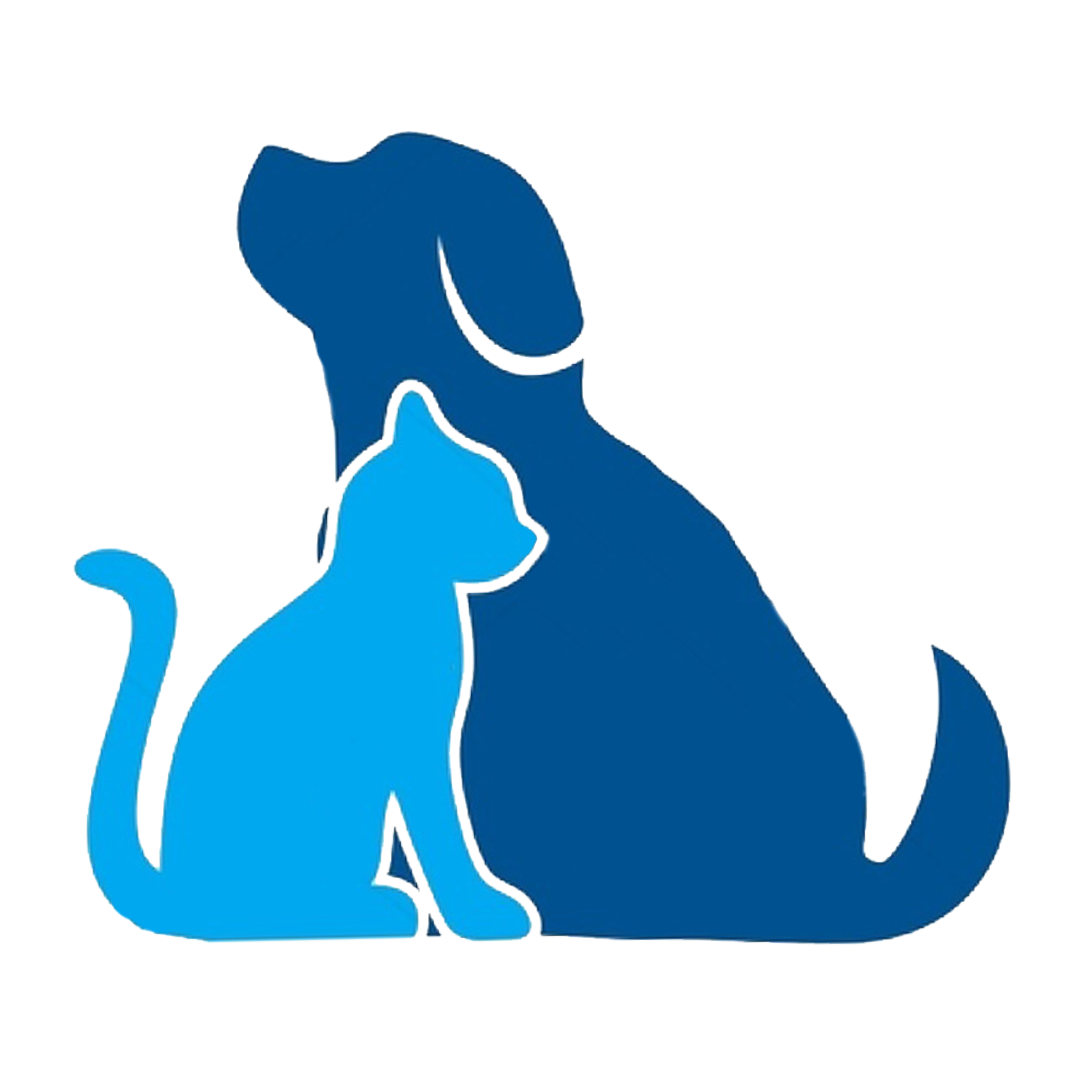General Surgery
Being one of the first purpose-built vet hospitals in Melbourne, we have all the necessary facilities to perform a wide range of surgeries on your pet. We understand that this can be a stressful time for you and your pet, so we like to make sure you are both comfortable and confident before and after the surgical procedure.
Animal surgery at Doncaster Vet
All of our clients are well-cared for and kept comfortable when they have a surgical procedure.
Our fully equipped veterinary surgery and experienced veterinarians can perform the following procedures:
Wound repair
Dew claw removal
Foreign body removal
Cystotomy
Gastric dilatation volvulus (bloat)
Caesarians
Amputations
Cherry eye surgery
Entropion surgery
Lump removal
Tumour removal
Femoral head ostectomy

Does your pet need surgery? Book them in for a pre-surgical consultation.
What does a surgical procedure at Doncaster Vet Hospital involve?
Every pet will need to have an appointment with one of our veterinarians to ensure they are healthy. The vet will perform a general health check and discuss the upcoming procedure with you.
When you have booked in your pet’s surgery, you will receive some pre-surgical instructions to ensure the procedure goes smoothly. These include:
No food from 8pm the night before and no breakfast. Water is allowed.
Drop your pet off between 8am-9am the morning of the procedure. Please leave enough time to fill out some anaesthetic consent forms or submit an anaesthetic consent form online.
In some cases, your pet will need to have a pre-anaesthetic blood test or be kept on fluid therapy during the procedure.
Does my pet need a blood test before surgery?
Blood tests are given before surgery to ensure your pet is healthy enough for anaesthesia. It gives the vets an understanding of the health of your pet’s organs and internal workings. If the vet finds an abnormality in your pet’s blood test, this may change the date of the procedure or the type of treatment the vet recommends.
Pre-anaesthetic blood tests are optional for most minor surgical procedures but are always recommended. For major surgeries or pets older than the age of 8, pre-anaesthetic blood tests are compulsory in order to proceed with surgery. The vet will advise you if you your dog or cat needs to pre-anaesthetic blood test.
Does my pet need fluid therapy during surgery?
During anaesthesia, it is normal for your pet’s blood pressure to drop. Fluid therapy helps to keep their blood pressure stable and help them recover faster from the anaesthesia. It also helps to keep them hydrated.
Fluid therapy is advised for all surgical procedures, however it is mandatory for major surgeries and pets older than the age of 8. Sometimes, a pre-anaesthetic blood test will show dehydration, in which case the vet will advise fluid therapy for your pet. This is another reason why it is important to consider a pre-anaesthetic blood test for your pet.
Post-surgical care
After your pet’s surgery, the vet will call you to let you know how the procedure went and book in a time to collect your pet. When you collect your pet, either a vet or vet nurse will discuss the anaesthetic aftercare and any medications or wound care.
If your pet has stitches, you will be required to come back to have them removed. This is usually 10-14 days after surgery.
If ever you have any questions or concerns regarding your pet’s surgery, please don’t hesitate to contact us.



